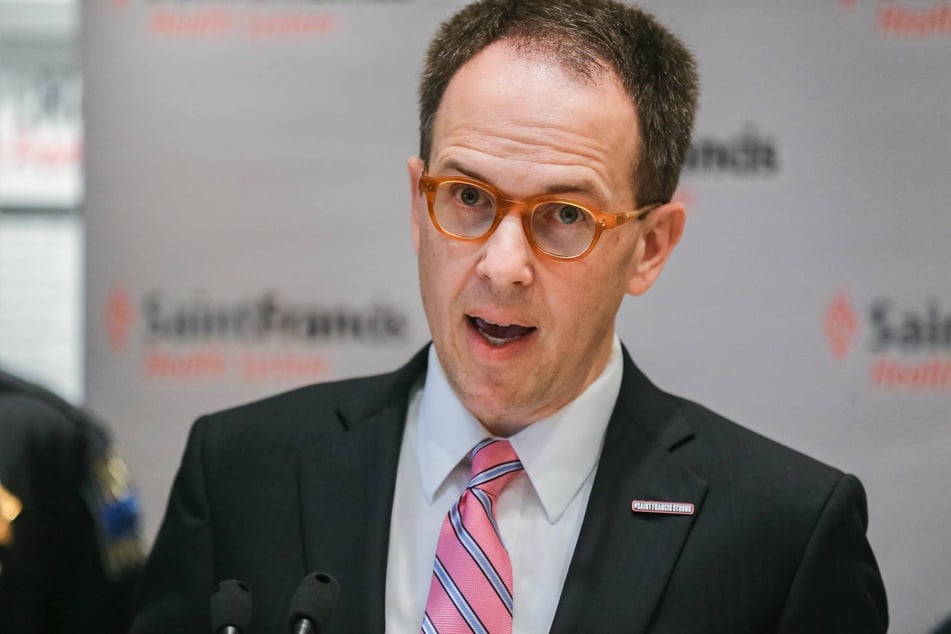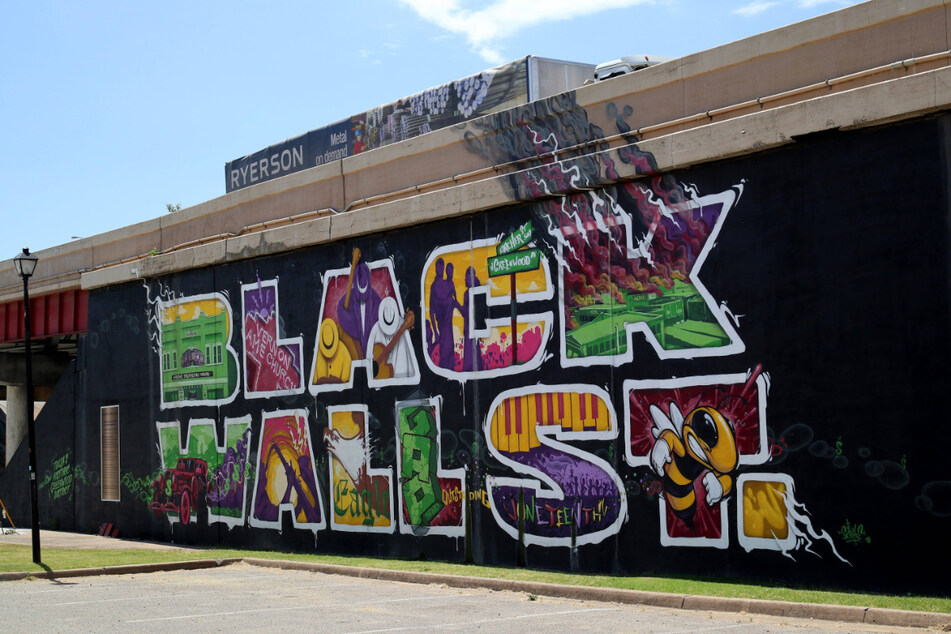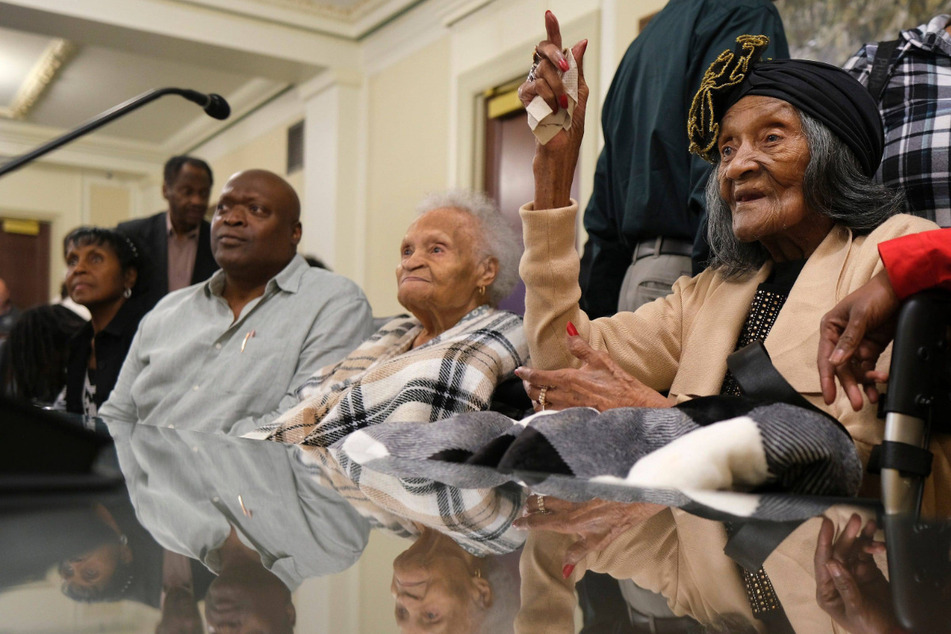Tulsa mayor green lights Beyond Apology Commission to create 1921 Race Massacre reparations plan
Tulsa, Oklahoma - Tulsa Mayor G.T. Bynum on Thursday signed an executive order establishing a commission to create a reparations plan for the 1921 Tulsa Race Massacre – just weeks after the last two living survivors saw their historic lawsuit dismissed.

"One of the most challenging issues to navigate during my time as mayor has been that of reparations for the victims of the 1921 Tulsa Race Massacre and their families," Bynum shared in a statement on X.
"Today, we are announcing the establishment of a commission to develop a plan for reparations in Tulsa. I will establish the Beyond Apology Commission by executive order and we will work together to identify commissioners who will advance this work."
The Beyond Apology Commission follows the recommendations in a 2023 report of the same name, which emerged out of a series of community conversations on the Tulsa Race Massacre and its aftermath.
Over May 31-June 1, 1921, white law enforcement officers and deputized civilians murdered hundreds of Black Tulsans and destroyed 40 square-blocks of the city's once-flourishing Greenwood District, known as Black Wall Street. Attackers even dropped firebombs on Greenwood from decommissioned US military planes.
This legacy of the massacre lives on to this day. Black Tulsans continue to experience stark racial disparities across wealth, education, employment, housing, health, and the criminal legal system.
One of the new commission's primary tasks will be to draft a plan by November 30 for a housing equity program for Greenwood descendants and North Tulsans.
"I want to be clear that we are not just establishing a study group," the mayor said. "This program will emphasize home ownership, and advance the goal of creating intergenerational wealth among Race Massacre descendants."
Who will sit on Tulsa's Beyond Apology Commission?

The Beyond Apology Commission is to consist of 13 members, including two appointed directly by the mayor and the city councilor representing the Greenwood District.
Members of the Tulsa community are invited to apply for the remaining 11 seats, designated as follows:
- Youth (18-24 years old)
- Elder (60 years and older)
- 1921 Tulsa Race Massacre descendant
- North Tulsa community leader
- Policy and legislative expert
- Housing equity expert
- Health equity expert
- Four at-large seats
More information on the application process – open until August 30 – is available here.
Tulsa Race Massacre survivors demand federal action

Bynum's move to establish the Beyond Apology Commission came just weeks after Viola Ford Fletcher (110) and Lessie Benningfield Randle (109) – the last two living survivors of the massacre – saw their historic reparations lawsuit come to an end.
The Oklahoma Supreme Court ruled against the survivors' bid to reverse a district court judge's July 2023 dismissal of their public nuisance case. They have petitioned for a rehearing.
The two centenarians and the Greenwood community have been fighting for over 100 years for recognition and redress for crimes inflicted in 1921 and the years since.
The Beyond Apology Commission is intended to address ongoing harms by expanding opportunities for economic prosperity and restoring intergenerational wealth for Black Tulsans.
Meanwhile, Fletcher and Randle are calling on the US Department of Justice to launch a probe into the Tulsa Race Massacre under the Emmett Till Unsolved Civil Rights Crime Act of 2007.
President Joe Biden visited Tulsa and met with the survivors during centennial commemorations of the massacre in 2021 but has so far failed to take tangible steps toward repair.
Cover photo: IMAGO / USA TODAY Network

